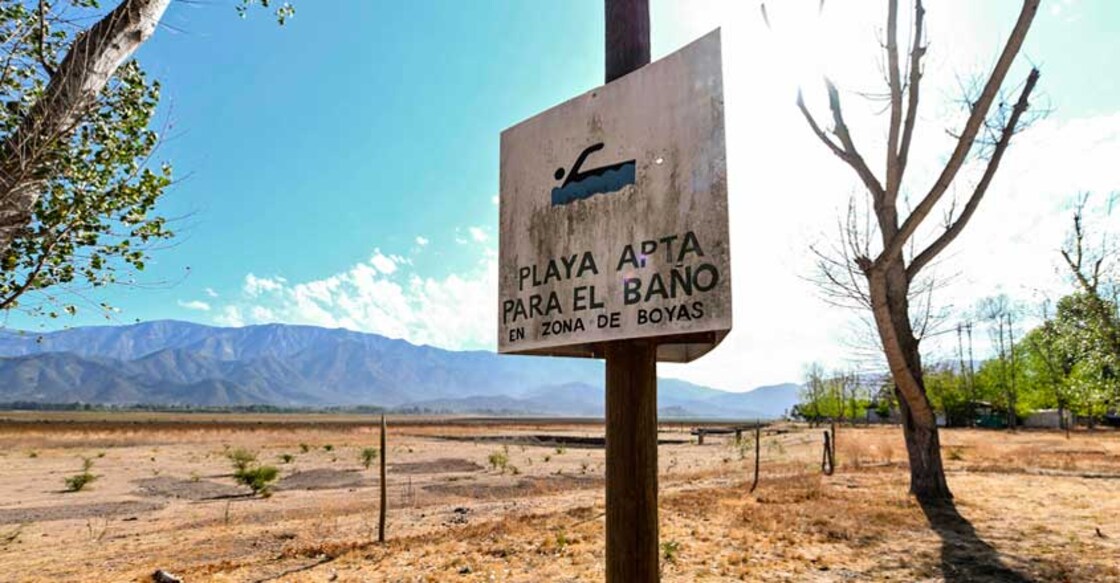Fight poverty, climate change together; UN tells nations

Mail This Article
Buenos Aires: The world needs to harness the power of exchanges between countries in the Global South if it is to reduce poverty and malnutrition while rising to the challenges posed by population growth and climate change, the UN International Fund for Agricultural Development said on Wednesday.
"South-South and Triangular Cooperation has an important role to play in delivering and accelerating rural solutions to improve food and nutrition security – not least because many countries of the Global South share similar climatic, environmental and economic features with each other.
"As a result, rural innovations and technologies developed in the South can be adapted to other countries of the South much more easily and appropriately than those designed in the North, for the North," IFAD Vice-President Cornelia Richter said in her address to delegates at the Second High-level UN Conference on South-South Cooperation here.
Forty years after the Buenos Aires Plan of Action in 1978, world leaders convened again in Argentina's capital this week to discuss how to shape a sustainable future by sharing knowledge, technology and expertise, enhancing trade and investments, and learning from each other's experience.
The steady rise of the Global South in recent decades in terms of population size, economic outputs and political weight, has triggered a proportionate increase in the importance of SSTC. But at the same time, the challenges have also increased.
Today, nearly 821 million people are chronically undernourished; mainly in the developing countries, according to the UN.
"The enormous potential for SSTC in agriculture, food production and rural development must be exploited to a much greater extent than it is today so that the world, in particular developing countries, can adequately meet the challenges of the future," Richter said.
IFAD has a special role to play by embedding cross-country technological and knowledge exchange into its projects and programmes, but developing countries can also co-finance initiatives in other developing countrie, she argued.
"We are identifying such opportunities to apply SSTC more systematically," she said.
While SSTC primarily entailed sharing technical expertise, knowledge and skills about issues such as livestock, health, food processing and efficient water use, technical cooperation also includes dialogue on regional policy coordination and other government actions that are crucial to achieving the UN Sustainable Development Goals, according to IFAD.
IFAD said it promotes SSTC as a key mechanism for delivering relevant, targeted and cost-effective development solutions and other resources to improve the livelihoods of smallholder farmers and poor rural people.
During the conference, the UN's Rome-based Food and Agriculture Organization, IFAD and the World Food Programme hosted a series of events to promote dialogue and to identify action to pave the way for a food-secure future.

